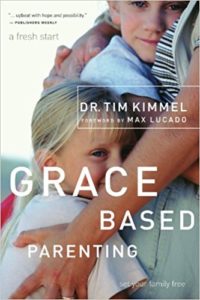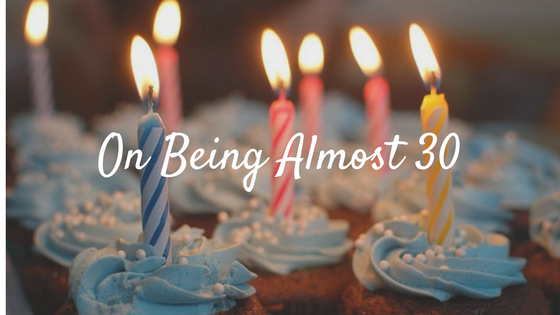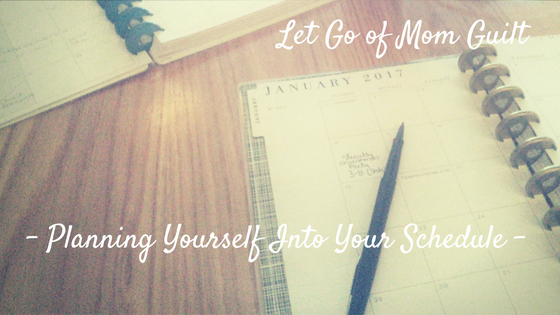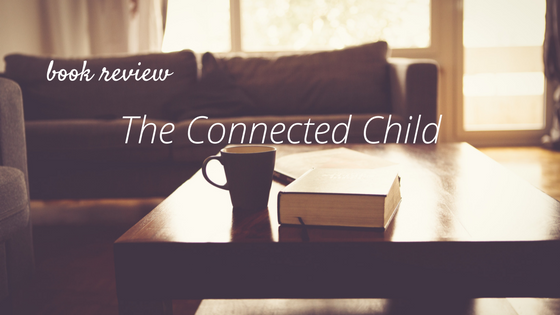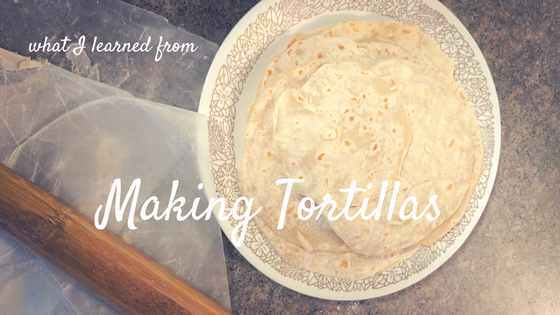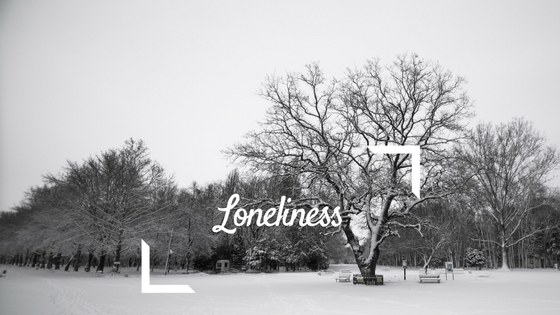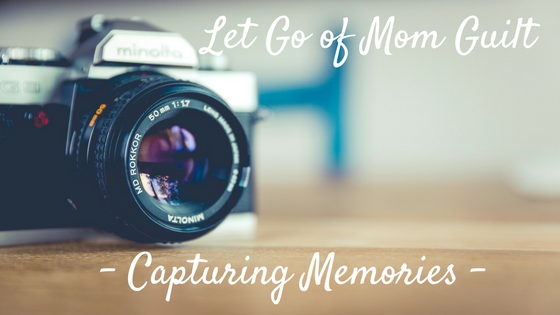
Checked this book out from the library mostly as it pertains to my current parenting of two little rambunctious boys. It turned out to be one of the best parenting books I’ve read to date! I really enjoyed the writing style as well as the overall message, and the more specific advice.
I will admit that I don’t know anything about Dr. Tim Kimmel – I was drawn in 100% by the title. Who doesn’t want to base their parenting in grace? Goodness knows I lose my patience daily, and usually feel like my overall attitude could stand a heavy dose of more grace (both from the Lord and to my kids.)
This book is very definitely from a Christian point of view, about Christian parenting. I believe it has some ramifications for any family, but it is heavily aimed at the family looking to infuse their daily interactions and overall parenting and homemaking philosophy with more of God’s grace.
First, let’s talk overall theme. This book is, in a nutshell, about how to show your children boundless grace without sacrificing structure and moral standards, or falling into permissive parenting. Initially I assumed that it was going to go in those directions, and that I would just glean what I could but not swallow the whole theory.
I was wrong.
Dr. Kimmel repeatedly admonishes parents not to flex when it comes to true moral issues, or true physical danger. He encourages parents to show a graceful response whenever possible, without jeopardizing the spiritual health of the family. One example that I think about daily is of a child who insisted on sleeping with a chair on his bed. This is a silly request that seems inconvenient and unnecessary, but it’s not harming the child, it isn’t a moral issue, and it will likely blow over eventually. I think about that example when my son wants to nap with his shoes on, or put his placemat on his head as a “hat,” or wear mismatched clothes, or dig in the dirt. If it’s not harmful physically or spiritually, let them do them. Let them be unique creatures.
This philosophy is based in an absence of fear. Dr. Kimmel speaks out directly against fear-based parenting – the type of home where everything that could potentially cause sin is strictly off limits. Where the rules are many and rigid to try to protect the children from everything unsavory. He expresses what I already felt to be true – these types of environments have the opposite effect from what was intended. By not allowing children self-expression or exposure to other human beings and their ways of life, the children don’t learn to rely on God or to stand up for their moral standards because they never have to. They can’t function in regular society because they have entered atrophy by being in such a “cloistered” environment.
He encourages parents to parent from a place of ultimate trust in God. That if we truly trust God to help us guide and protect our children, we needn’t put innumerable rules in place, and won’t feel compelled to do so. We can let them chose things like hair colors or music or tennis shoes without fearing that they’re headed for their ultimate demise. The author is actually quite hard-hitting here, which I appreciate.
This style of parenting, naturally, lead to acceptance of our children’s unique gifts and quirks, and a stronger relationship with adult children who have felt valued and relevant to their family from little on.
Writing style -wise, I enjoyed the balance on anecdote, secular quotations, Bible verses, and actual parenting advice. I don’t tend to like books that are too heavy on anecdote, or refuse to include any quotations or examples that are not straight from Scripture. It was easy to read, structurally, but very direct and held no punches.
And the author referenced Mr. Holland’s Opus, so that’s an automatic win in my book!
I feel like, overall, I enjoyed this book because it resonated with me. The author stated (much more eloquently than I could) what God’s grace looks like in parenting. He expressed many truths that I already feel are very important, but coming from an outside perspective this seems more poignant.
10/10 would recommend!
Click the book cover to find it on Amazon. (Affiliate link!)
